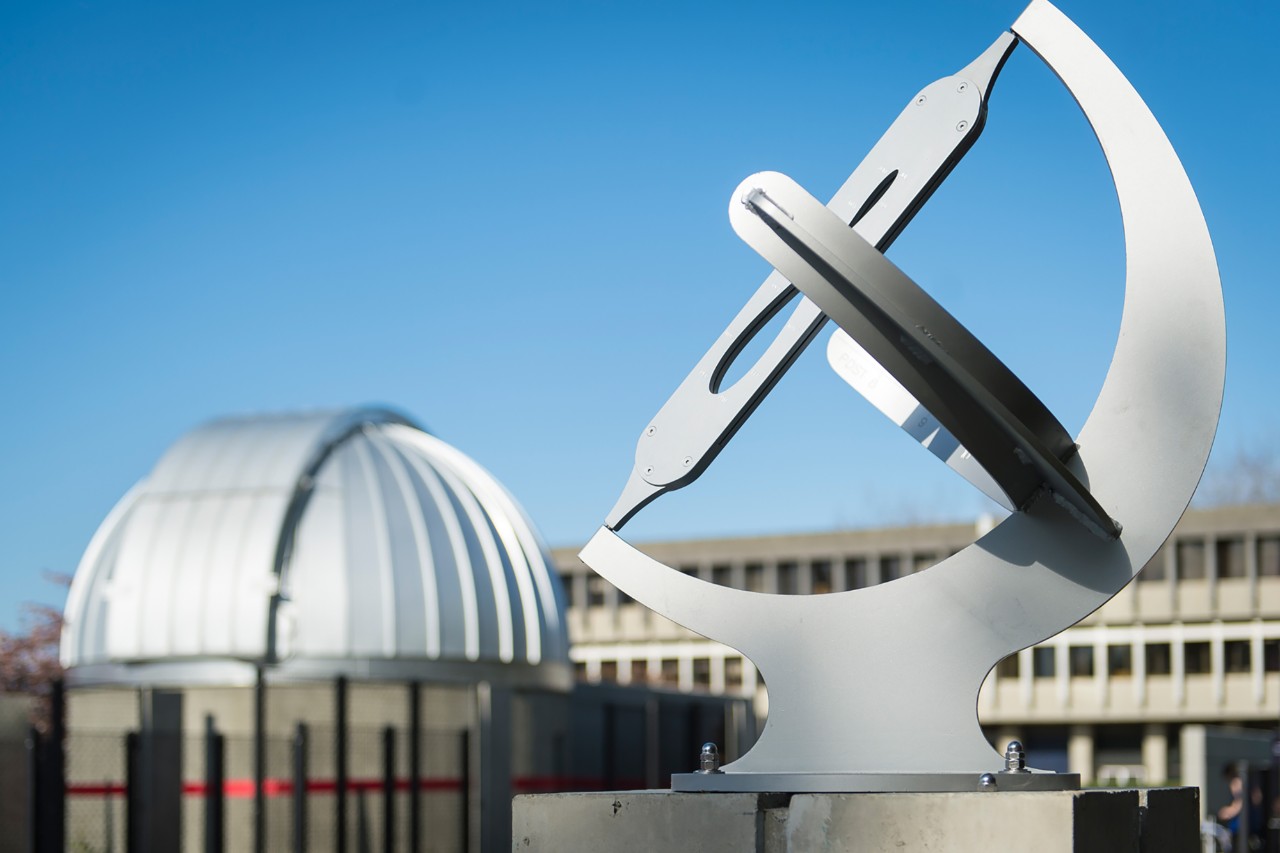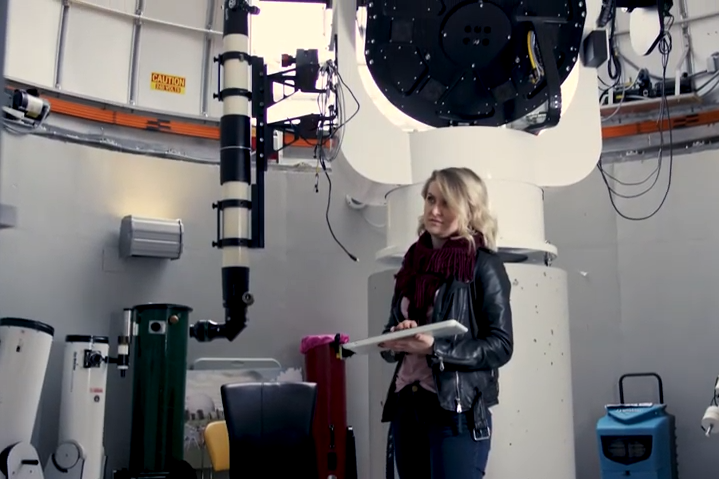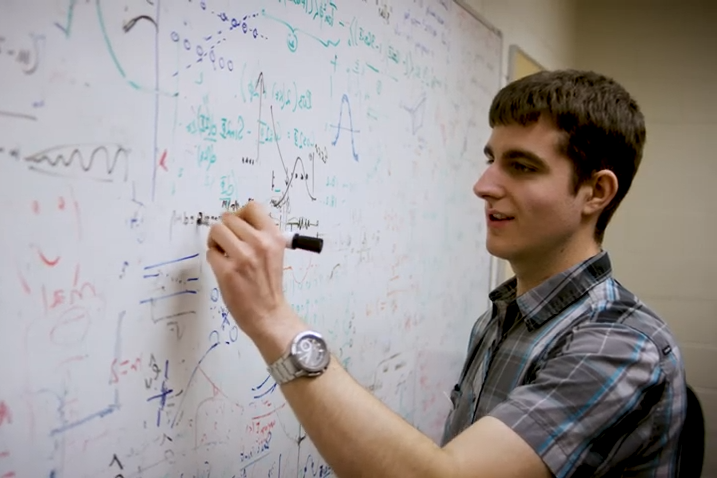- About Us
- People
- Undergrad
- Graduate
- Research
- News & Events
- Equity
- Why Physics @SFU
- _how-to
- Congratulations to our Class of 2021
- Archive
- AKCSE
- Atlas Tier 1 Data Centre
Future Students
What's important to you?
Physics is the study of how the universe works and why it works that way. Our students have an innate curiosity about the world around them: from sub-atomic particles to exoplanets and everything in between. While it is great to learn about how nature works and to understand why it works that way, getting a physics degree is just as much about the career possibilities and making a difference in a world that is becoming increasingly technological. A physics degree is an excellent choice to prepare for a wide variety of career options.
Physics is the basis for technological developments. If you want to make a difference in medical imaging and new treatments or in the way the world communicates, you will need a solid foundation in physics. If you want to change the way the world uses energy or the way people and goods are transported around the world you will need a solid foundation in physics. It is hard to imagine the world without the revolutionary technological changes that have happened in the past one-hundred years: computers, satellite communications and global positioning, solar cells and rechargeable batteries, fibre optics and magnetic resonance imaging. Physics was crucial to each of those developments and physics will be vital to finding new solutions for the world: whether you want to improve health, protect the environment, or connect the world. Physics is the future.
The worthwhile problems are the ones you can really solve or help solve, the ones you can really contribute something to... No problem is too small or too trivial if we can really do something about it. R. P. Feynman
In practical terms, a physics degree will help you stand out from the crowd when it comes time to apply for jobs. Physics is a relatively rare degree (which also means that class sizes are not too large). A university degree should be transformative. That is you should be a different person when you graduate than you were when you started. It is these changes that will make you highly employable when you graduate. You’ll have learned problem solving and communication skills, how to create mathematical models and how to analyze complex data. These are skills that are highly sought by employers.





